Honored to converse with a true visionary in life, Carrie Sawyer, about the importance of stepping up and leaning into anti-racism activism — and that’s a mouthful! This episode 10 of “Inclusion 1st” podcast takes my last two posts (What the Hell? & What the Hell Part II) to a bit more detail.
I hope the listener can gain something from my learning and sharing, and at the very least be introduced to the phenomenal work of Carrie Sawyer and her Inclusion 1st Podcast.
The Privilege is Mine
10 SepFinally, “What the Hell?” Part II
15 Aug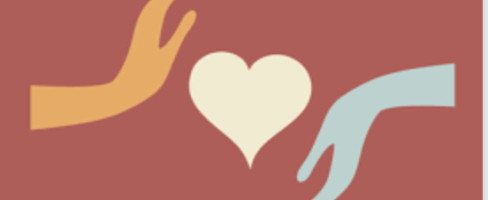
It has taken me quite a bit of time to actually get to writing this Part II of “What the Hell?” because, well for one, in my free time I usually don’t want to be in(or on) the computer typing. And two, when I contemplate this Part II it has been while riding my bicycle with the wind in my hair and dark glasses on my face, heading somewhere close to the ocean (or in it); and then by the time I return home I’ve forgotten that I had mentally prepared this piece and the distractions of life interrupt me (concocting new recipes for gluten-free eating, frankenstein sewing my clothes since my menopause body is throwing me curve balls, and generally anything other than being on the computer). Even getting myself to land this morning to FINALLY FINISH this thought has been like herding cats (something that I’ve honestly never tried to do), or should I say more appropriately, like nailing down a hyperactive toddler to learn how to sound out vowels. So without further procrastination, let me get to the meat of this long dragged out WHAT THE HELL?!
A Book Review and anti-racial Introspective
Eight years ago I was under the impression that women got the right to vote through the 19th Amendment in this month of August in the year 1920. I have been hailing this fact, or slinging it rather, whenever the opportunity presented itself: “Don’t you know women got the right to vote in 1920???” emphasis on the year to drive my point. That said, I won’t be seen marching in Washington, DC, however I am actively engaged in conversations that challenge systems of oppression; equity/equality for women being one of them. So here I have been all these past 3 decades of my life (yes I’m omitting my childhood count) hailing the women’s right to vote as in-your-face fact for progress. You know like when teenage boys attempt to exclude their female peers from having a voice at the table, I tout “don’t you know women are part of the conversation now? Remember August 1920!” And I have used this weapon of knowledge proudly because I’m not great with retaining historical facts, but this one has stuck with me and it allowed me to feel empowered in furthering the effort for equality.
"My private thoughts, shared in a public journal"
Fast forward, skip and jump to this past COVID-19 year when due to lockdowns, events went online. One such event was a live music performance sponsored by the San Diego Jewish Community Center (SDJCC). As a virtual attendee I was alerted to a prize drawing so I inserted my name. The next week I was notified I was a winner and my prize was a bounty of newly released books each written by a Jewish author. My literary nerd prize lights went off with bells ringing and metaphorical confetti flying, my enthusiastic winner dance could have made one think, just by looking at me, that I had struck gold (or oil or major bitcoin advantage). I stopped by the SDJCC and was so surprised in that the richness of the literary works were beyond my expectation. I slowly devoured each one as often as I could, which as a migraine sufferer isn’t too often!
In my bounty is a cookbook titled, “All Stirred Up: Suffrage Cookbooks, Food and the Battle for Women’s Right to Vote” by Laura Kumin. Now I have spent the last several years growing in my understanding of systemic racism, how to be an inclusive leader, and my own unconscious and conscious biases toward all kinds of things (that I am actively in process of disrupting). So here I was, sitting by the pool my husband so lovingly tends for my benefit with my new cookbook that celebrates women’s right to vote, no migraine upon me and the whole day ahead, and BAM right at the start and in my face I learn an unexpected truth. The leaders of the suffrage movement were racist. Susan B. Anthony and Elizabeth Cady Stanton, women who I’ve looked to as sources of inspiration due to their fortitude and commitment toward the goal, were blatantly and overtly against extending the right to vote for people of color. They believed the right to vote should be for white women before black men, which in effect left the black woman out of the story completely. And my reaction to this reading (especially after investing additional hours of researching and fact checking, my spinoff from reading the cookbook) was, “What the Hell??!! How come I am just learning about this right now through this cookbook??!! Why the Hell wasn’t I taught this in school?? And, What the hell do I do now??
Left with these ponderings and the results of my inquisition into fact checking, I turned once again to the cookbook in hand thinking that perhaps Laura Kumin experienced the same type of internal conflict now facing me. Sure enough she had. She doesn’t just leave her reader at the “drop and go” point of knowledge, she offers up her own wrangle with the sordid history by answering questions such as: how do I reconcile the good and bad of these suffrage pioneers; how do I fit in as a white woman; a Jewish white woman; a woman interested in the work of social justice, inclusion and equity for all (equity, not just equality — the difference being access in our systems and structures such as the right to vote = equity). Outside of a classroom, outside of a workshop or seminar, and outside of my own expectations, Ms. Kumin grew me up just a bit more. She took my hand and said, “Ok Rivka since you look at life through the multiperspective lens, here you go now sit with this hard truth a moment. And now that you’ve done that, let’s go further and learn to value the good and be honest with the bad. And now Rivka, you are better equipped and more ready than you were to step in and step up for others, just as you are and within your own story.” And in the truth of Susan B. Anthony and Elizabeth Cady Stanton we will find two tremendously strong, intelligent women who wanted progress for women’s equality, who even in their disregard of others, were working to move the needle forward (resource: Susan B. Anthony Birthplace Museum). So now when I talk about women getting the right to vote, my rhetoric includes the sordid history of the 45 year delay for women of color — could you please pause on that a moment? Forty-five (45) “frick’n” years until Black women in the United States of America gained the right to vote — That is appalling (resource: Library of Congress)! And believe it or not, has moved me closer to understanding my call as a “Jew for Jesus” and the example of inclusive love extended by Y’shua that astonished so many during his time teaching on earth.
With an overflowing emotional appreciation for Laura Kumin, and also a funny kind of ironic disbelief, I acknowledge that I’ve gained so much from this unexpected journey into what I thought was a simple cookbook. It’s like the perfect adage offered up in the children’s story, “If You Give a Mouse a Cookie,” my process started by deciding to attend the COVID-19 lockdown virtual performance and I wound up here. AND, I still haven’t even made it to her All Stirred Up recipes yet…Oi Vay and mazel tov!!
Check these books out for additional insight:
- Between The World And Me by Ta-Nehisi Coates
- Everyday White People Confront Racial & Social Injustice edited by Eddie Moore Jr., Marguerite W. Penick-Parks & Ali Michael
“…real philanthropy leads to systemic change, charity often amounts to Band-Aids that help people simply get by day to day without changing the structures that contribute to their oppression.”
Alan Rabinowitz from Everyday White People Confront Racial & Social Injustice


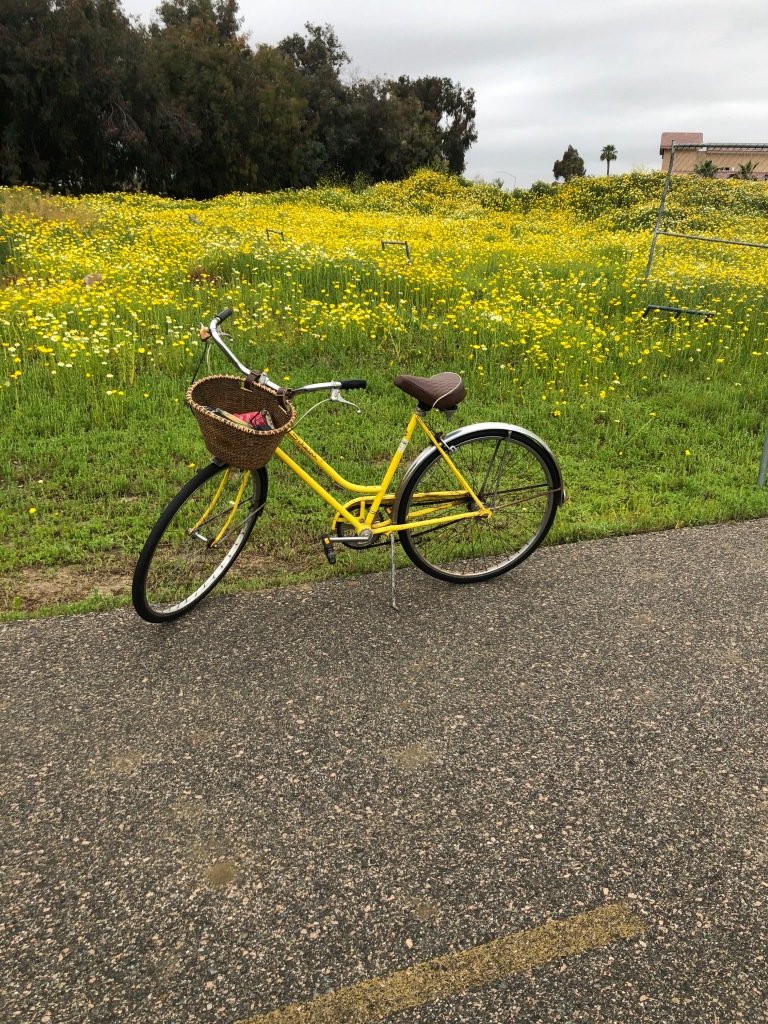
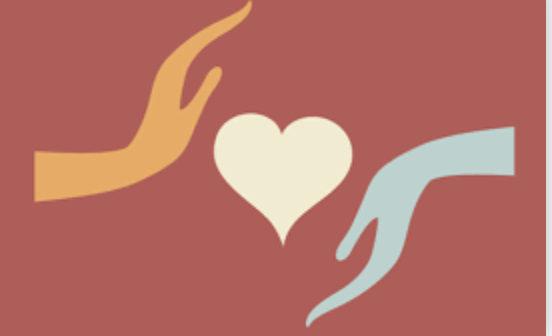
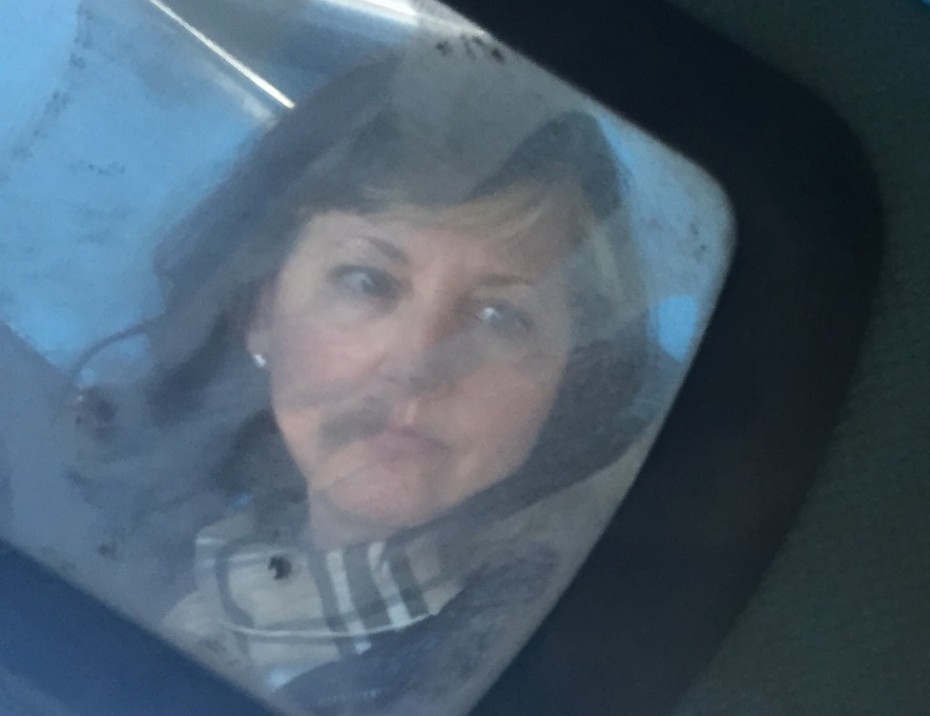
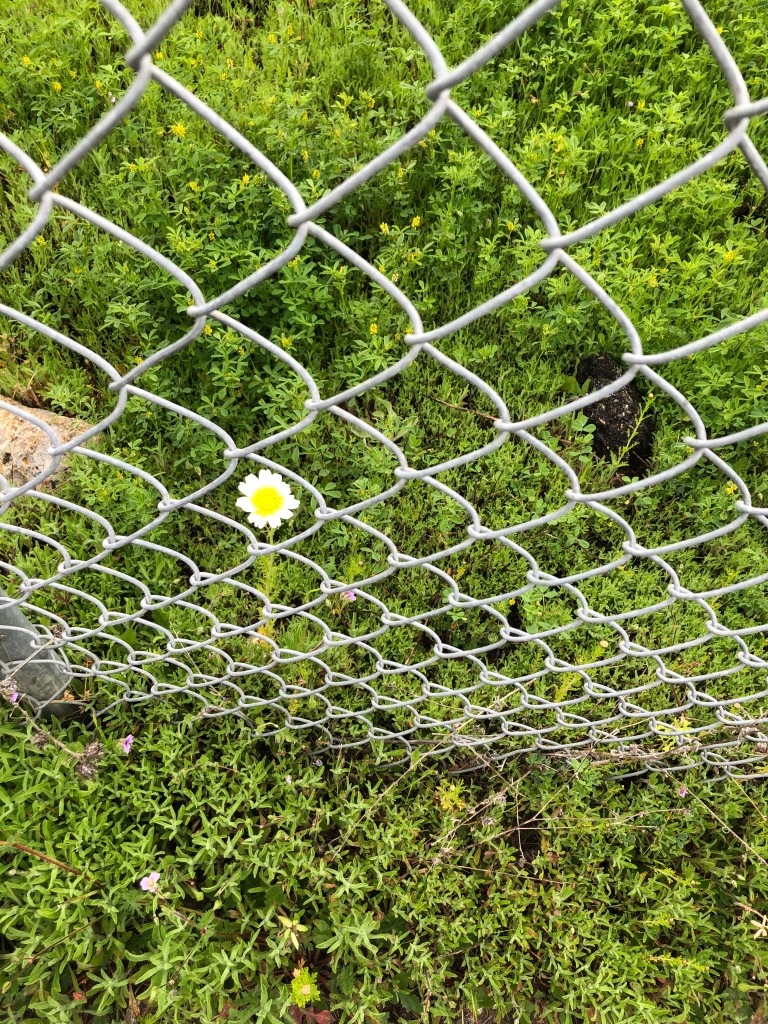
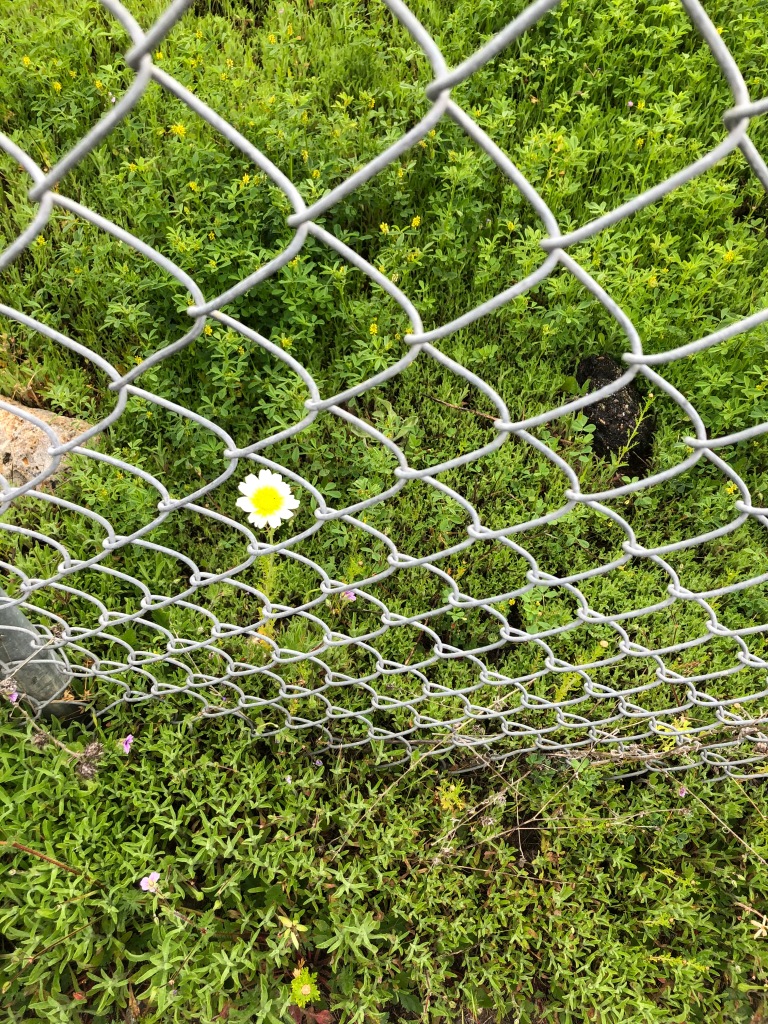
The Noise